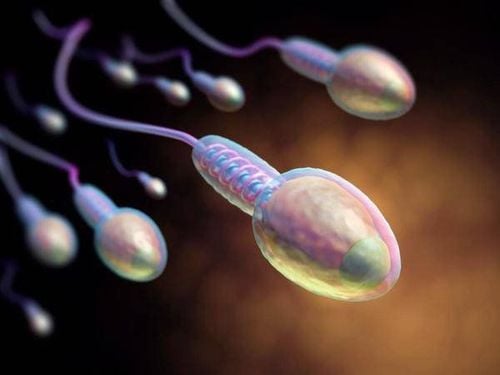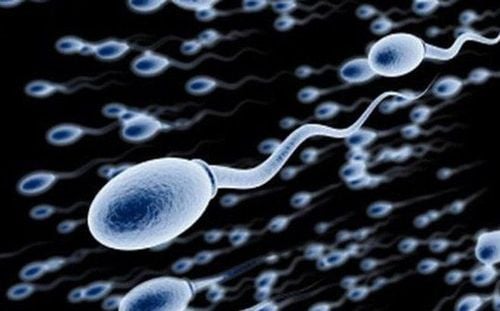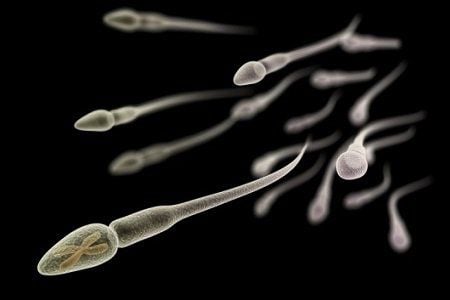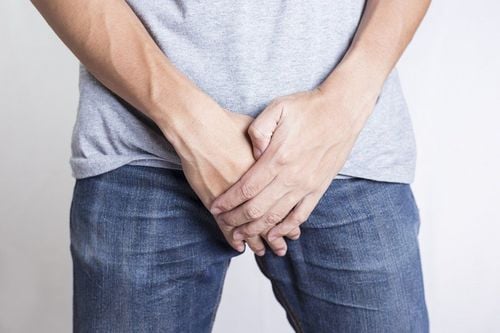This is an automatically translated article.
This article is expertly consulted by MSc Vo Thien Ngon - Urologist, Department of General Surgery, Vinmec International Hospital Da Nang.Sperm is a fluid secreted from the penis of a man. To fertilize, they must swim through the cervix, then through the uterus to reach the fallopian tubes and ovaries of the woman. How fast is sperm motility? How long does sperm live?,... The answer will surprise you.
1. Sperm move speed like an Olympic athlete
Most sperm don't actually swim straight. Generally, sperm motility is classified into one of three groups:Actively moving in a straight line or in a large circle. Move in every pattern but do not move forward. Motionless - not moving. The speed of sperm movement is described as an obstacle race and requires a successful finish. In fact, most of the work of sperm motility will be done by the uterine muscles, which attract sperm along the fallopian tubes toward the egg.
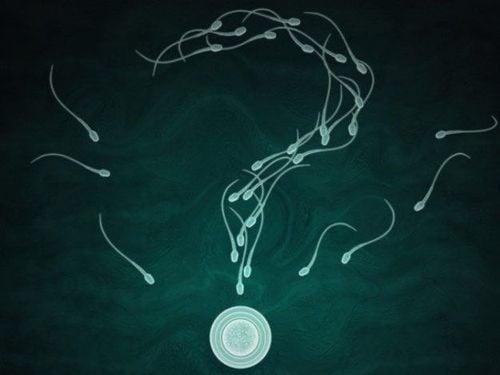
2. Bigger sperm is stronger sperm
Thicker semen does not necessarily mean stronger sperm. Usually, there is a high concentration or a large number of abnormally shaped sperm, so they still need help from the female reproductive system to stay safe.When sperm enter the vagina, they come into contact with cervical mucus. This mucus does two things: Protect and deny. It protects sperm from the acidity of the vagina as well as eliminates sperm with shape and motility that cannot reach an egg.
3. Sperm can only live for a short time after being released
The lifespan of sperm also depends on where the sperm "landed" after ejaculation. The sperm itself can live up to five days after being ejaculated into the vagina. This is due to the protective effect of cervical mucus.But if the sperms dry out, they die. Ejaculated sperm that fall on dry, cold objects can die after a few minutes, although very rarely they can last up to 30 minutes. They can even die faster in a hot tub or from heat or chemicals in the water.
4. Sperm just go straight to the egg
It is quite a long journey for the sperm to reach the egg. During intercourse, when sperm leave the penis, they don't go straight into the uterus. Some of the sperm will be attached to epithelial cells in the fallopian tubes or stored in tiny chambers called "crypts" until primordial fertilization - "ovulation".
5. Sperm always proliferate and stay healthy for life
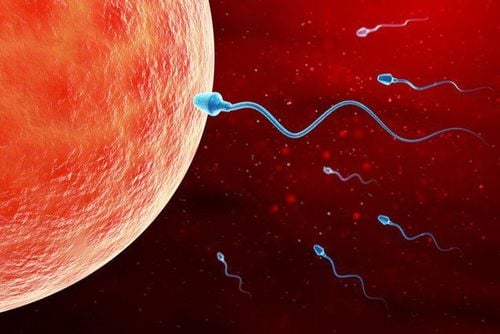
It is true that sperm production, or spermatogenesis goes on indefinitely, but sperm quality and motility decline with age.
According to an Icelandic study, how long sperm live depends on the age and genes of the man. Older men are also more likely to pass the gene mutation on to their children, about four times faster than women.
Also according to a 2017 study, it was found that about 1.4 million people in Sweden have a consistent linear relationship between a man's age and the likelihood that their children will be born with a genetic mutation that neither parent has.
6. Underpants are bad for your sperm count
Wearing tight panties reduces sperm count, while loose panties help keep things at the right temperature for sperm production. But actually, underwear has almost no effect on your sperm.A 2016 study found little difference in sperm count based on underwear choice. But another 2018 study made science waves when it found that men who wore loose panties had 17% more sperm than men who wore tight panties. However, the 2018 study authors cautioned that their results did not take into account other factors that affect sperm production, such as the type of pants or fabric. Ideally, wear what makes you comfortable.
7. All sperm are healthy and can survive
Most sperm cannot penetrate an egg for a number of reasons. To be fertile, even 100% of sperm don't need to move, as long as 40% can move then you should be fertile. And in that 40%, not all sperm get into the egg.The speed of sperm movement and the shape of the sperm is also an important part of the success of their journey to their destination. Having multiple heads, tails, odd shapes, or missing parts can cause unsuitable sperm to be discarded. And even healthy sperm cannot pass this "contest". Sperm can travel through the fallopian tubes and lodge in a woman's fluid reservoir around her internal organs. Yes, sperm can float in the body, but cannot fertilize.
8. Pre-cum can't make you pregnant
This is wrong. Biologically speaking, pre-cum does not contain sperm - but sperm remains in the urethra, through the tube, both urine and semen are expelled, possibly mixing. into each other. A 2011 study found that nearly 37% of pre-cum fluid samples collected from 27 different subjects contained significant amounts of healthy, motile sperm. And a 2016 study found 42 men had at least 17% of pre-cum samples filled with viable sperm. So even if you use external ejaculation, some sperm still has a chance to get into the vagina and cause pregnancy.9. More sperm will easily conceive successfully
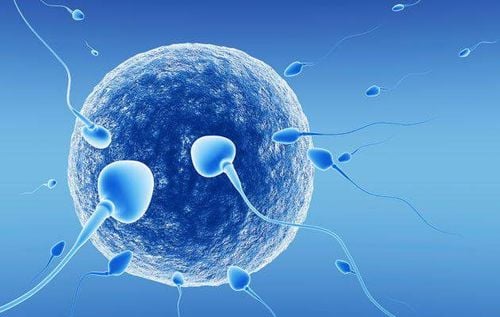
Normally, only one sperm cell is allowed to fertilize an egg cell, resulting in the development of an embryo. After the first sperm breaks down a layer of protein around the egg, this layer stops other sperm from getting through. But there are also rare cases where too many sperms reach the egg (two - or more), which can break through this layer and eventually fertilize the egg. This is called polyspermy.
By providing extra genetics to the egg, this has increased the risk of DNA mutations, brain conditions such as Down syndrome or potentially fatal defects of the heart, spine and boxes skull.
Keep this in mind if you and your husband decide to use in vitro fertilization (IVF) to get pregnant. Because IVF bypasses many of the reproductive functions that limit the number of sperm that enter an egg, your semen doesn't need to have millions of sperm in it to reproduce.
10. Sperm is a protein powerhouse
This is an unscientific thought. You have to digest more than 100 times the amount of sperm in order to see any nutritional benefits from it.While it is true that semen includes ingredients such as vitamin C, zinc, protein compounds, cholesterol and sodium, it is false advertising to claim that sperm contributes to your daily nutritional value. Plus, some people actually have an allergic reaction to semen, so you shouldn't eat it.
11. Pineapple makes your semen taste great
It is said that pineapple is good for the taste of semen, but this argument is not actually supported by any scientific evidence.The first thing to learn here is that semen smells and tastes like many of your bodily fluids, influenced by overall genetics, diet, and lifestyle. Just like the smell of breath, the smell of semen also has a different taste for each person.
The next thing is that no food or liquid can significantly change the scent of semen. Following a diet rich in nutrients like vitamins C and B-12 can have a positive effect on sperm count, their morphology and their ability to function.
Please dial HOTLINE for more information or register for an appointment HERE. Download MyVinmec app to make appointments faster and to manage your bookings easily.
Reference source: healthline.com




